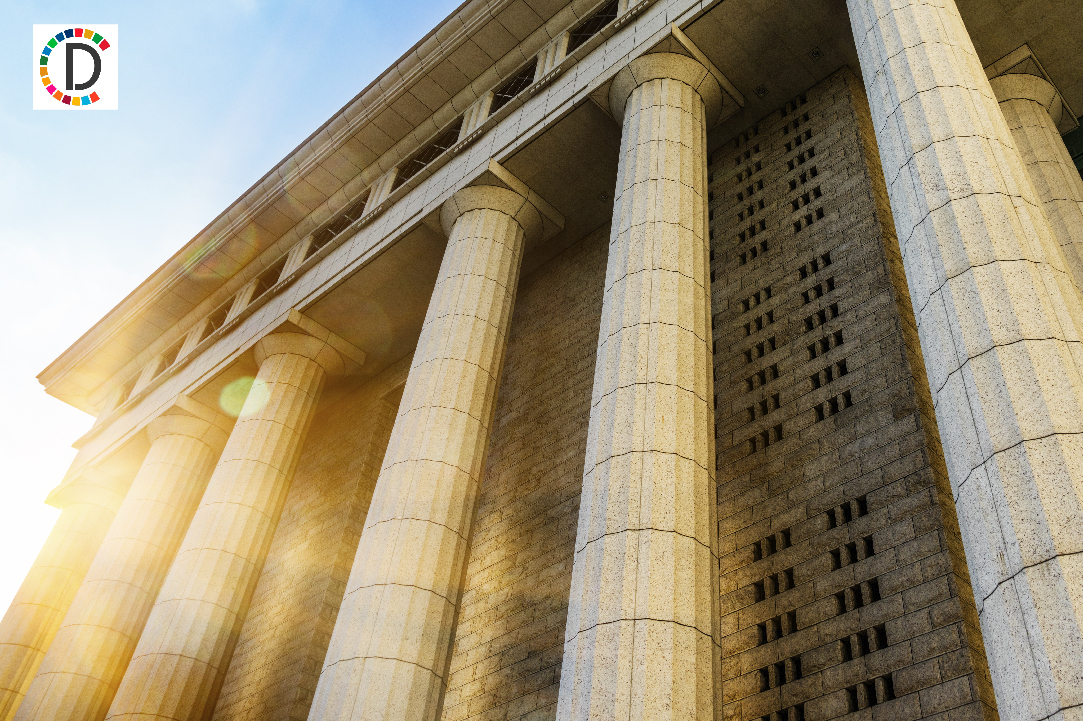South Korea's Political Turbulence: Martial Law and Democracy
South Korean President Yoon Suk Yeol declared martial law amid a political struggle with a parliament controlled by an opposing party. The move, reminiscent of past authoritarianism, was swiftly annulled by lawmakers. The military's involvement in political matters faced heavy criticism, highlighting tensions between Yoon's government and opposition leaders.

- Country:
- South Korea
In an unexpected turn of events, South Korean President Yoon Suk Yeol imposed martial law, citing the need to combat 'anti-state' forces and protect the nation from communist influences. The declaration drew immediate criticism and was likened to the draconian measures of South Korea's past authoritarian leaders.
The National Assembly acted promptly, with Speaker Woo Won Shik leading a vote to rescind the martial law declaration. Lawmakers rallied behind democracy, urging the withdrawal of military forces from the political arena. The military, meanwhile, issued directives for striking doctors to resume work, underscoring the government's contentious stance.
Critics of Yoon, including leaders from his conservative party and the opposition, quickly condemned the move as an overreach. The episode added tension to Yoon's presidency, already fraught with opposition challenges and political gridlock. This decision marked the first invocation of martial law since Korea's 1987 democratic transition, stirring public and political debate.
(With inputs from agencies.)
ALSO READ
EXCLUSIVE-Trump tells Reuters US should have a role in choosing Iran's next leader, encourages Kurdish opposition
Stalin Defends Unyielding DMK Alliance Amid Opposition's Fracture Attempts
Opposition parties target AAP govt over state's 'mounting' debt, demand white paper
Contentious IAEA Resolution: U.S. Joins Opposition
Karnataka's Budget Clash: Opposition Takes Aim at CM Siddaramaiah










